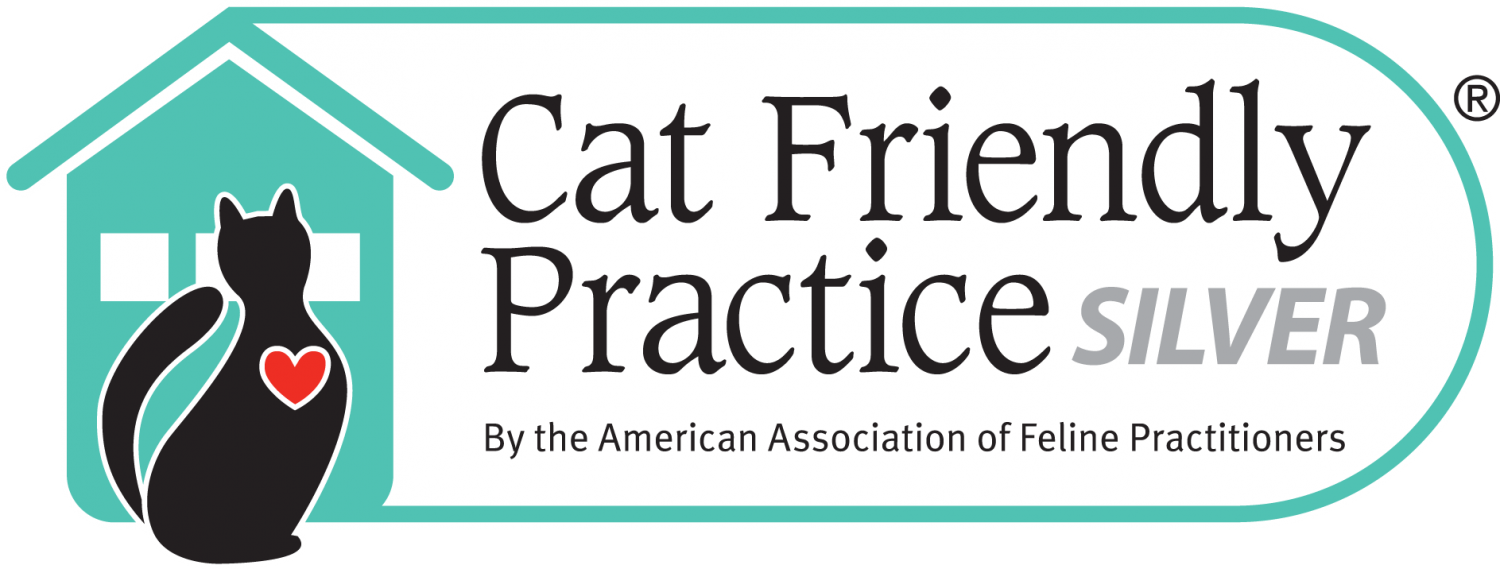COMMON QUESTIONS
Is laser therapy new?
The beneficial effects of laser light on tissue were first recognized almost forty years ago. Since then, there have been thousands of studies documenting the positive effects laser light has on different types of cells, tissue, and disorders. Recent advances in technology and manufacturing have made it possible to have this exciting modality available and affordable for clinicians.
How long does the treatment take?
Treatment protocols are unique to each patient and condition. Therefore, treatments will vary in time, complexity and cost. For some chronic patients, multiple joints will be treated during one laser treatment session. When appropriate, laser therapy can be used as a complementary adjunct to other treatment plans.
What can be treated with laser therapy?
If your pet is feeling pain, has inflammation, or a wound, the laser is a sterile, pain-free, surgery-free, drug-free treatment. The laser is used to treat a variety of injuries, wounds, fractures, neurological conditions, numerous dermatological problems, and pain. Whether your pet is rehabilitating from trauma or injury, healing from wounds, or simply aging, the laser has been shown to provide relief and speed healing.
What?s involved with treating my pet?
The laser light is delivered through a non-invasive handpiece to treat the affected area. Your pet will feel a gentle and soothing warmth. As the laser is administered, many pets will relax, much like you would experiencing a good massage. The almost immediate relief of pain will allow your pet to be comfortable and any anxiety that your pet initially experienced will dissipate.
How does it work?
The Companion therapy laser system sends photons, or packets of light energy, deep into tissue without damaging it. These photons are absorbed within the mitochondria of the cells and induce a chemical change called ?photo-bio-modulation?. This light energy then inspires production of ATP in the cell. ATP is the fuel, or energy, cells need for repair and rejuvenation. Impaired or injured cells do not make this fuel at an optimal rate. Increased ATP production leads to healthier cells, healthier tissue, and healthier animals.
Are there any side effects?
There are no known side effects with this treatment.
What can I expect at home?
You might see a change in activity when your pet comes home. For some it might be increased activity and others may be more relaxed. This is due to the pain relief and reduction in inflammation.
How should I support this treatment at home?
There are no specific things you need to do at home, other than follow normal restrictions, dietary needs, and additional treatment protocols as you pet?s condition dictates and is outlined by your veterinarian.
What to expect during a Companion Laser Therapy treatment session for your companion?
Simply put, it provides relief. The fur does not need to be clipped. Eye protection will be worn by the laser operator and anyone in a close proximity to the laser probe. The eyes of the animal will be directed away from the treatment area or covered with a towel or eye wear. The clinician will move the probe over the area of treatment to assure the laser is being delivered to the area which needs improvement.
What will my pet feel?
As the laser is administered, often pets will relax and enjoy, much like you would experiencing a good massage. The almost immediate relief of pain will allow your pet to be comfortable and any anxiety that your pet initially experienced will dissipate. Occasionally, angry cats will start to purr and dogs will fall asleep during their therapy session.
Is there anything my pet should or shouldn?t do, or take, while on the treatment?
Just follow normal treatment protocols as outlined. You do not need to be overly cautious nor should you overdo any activities. Just business as usual.






